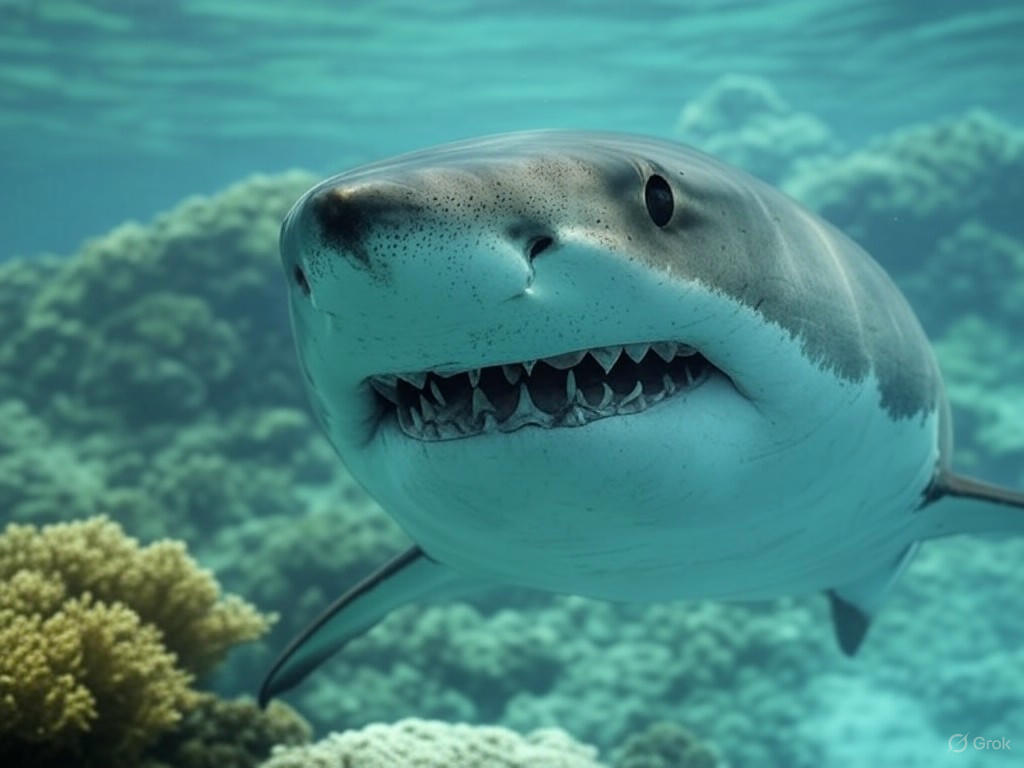Drug-Infused Depths: The Shocking Case of Cocaine-Addicted Sharks
In a startling revelation from the waters off Brazil, marine scientists have uncovered a troubling phenomenon: sharks testing positive for cocaine. This bizarre discovery, emerging from recent research, has sent ripples through the scientific community, raising urgent questions about the extent of human pollution and its devastating effects on aquatic ecosystems. The presence of such a potent drug in the bloodstream of these apex predators is not just a curiosity—it’s a dire warning of how deeply our actions on land can infiltrate the ocean’s most remote corners.
The research, conducted along Brazil’s coastal regions, initially aimed to study the health and behavior of local shark populations. However, when routine tests revealed traces of cocaine in the tissues of several sharks, the focus shifted dramatically. These creatures, often seen as symbols of raw, untamed nature, are now unwitting victims of a human-driven crisis. Scientists believe the drug enters the marine environment through illegal drug trafficking activities, with packages lost or dumped at sea, as well as through untreated sewage carrying residues from human consumption. Once in the water, the substance is absorbed by smaller organisms, eventually making its way up the food chain to predators like sharks. The implications are chilling—not only for the sharks’ health but for the broader balance of marine life.
What makes this discovery particularly alarming is the potential impact on shark behavior and physiology. Cocaine, a powerful stimulant, could alter their natural instincts, making them more aggressive or erratic. This poses risks not only to the sharks themselves but also to other marine species and even humans who venture into these waters. Furthermore, the long-term effects of such exposure remain unknown. Could it impair their reproductive capabilities or weaken their immune systems? Researchers are scrambling to answer these questions, but one thing is clear: the ocean is no longer the pristine wilderness we imagine it to be. It has become a dumping ground for humanity’s vices, with consequences we are only beginning to understand.
Beyond the immediate concern for marine life, this finding underscores a larger environmental crisis. Drug pollution is just one facet of the myriad ways human activity contaminates the seas—from plastic waste to chemical runoff. The case of the ‘cocaine sharks’ serves as a wake-up call, urging governments, environmentalists, and citizens alike to address the unseen pollutants infiltrating our waters. Stricter regulations on waste management, enhanced efforts to curb drug trafficking, and greater public awareness are critical steps toward protecting our oceans.
As we grapple with this unsettling reality, the image of a shark—a creature that has roamed the oceans for millions of years—tainted by a human-made drug is a powerful reminder of our responsibility. The ocean is not an endless void where our mistakes disappear; it is a fragile, interconnected system that reflects our choices. The fate of these cocaine-addicted sharks may well be a harbinger of what awaits if we fail to act. Let this discovery be the catalyst for change before the depths of our negligence drown us all.


